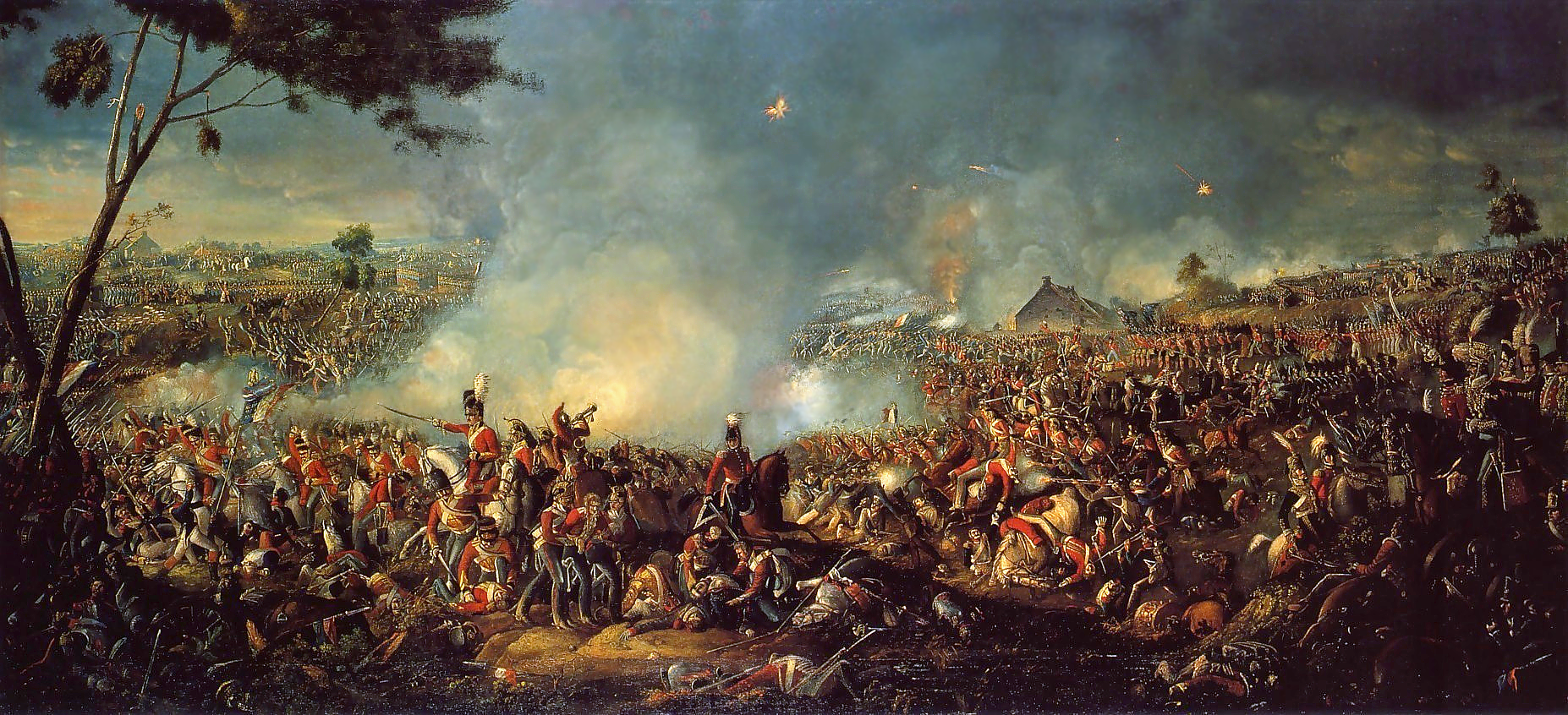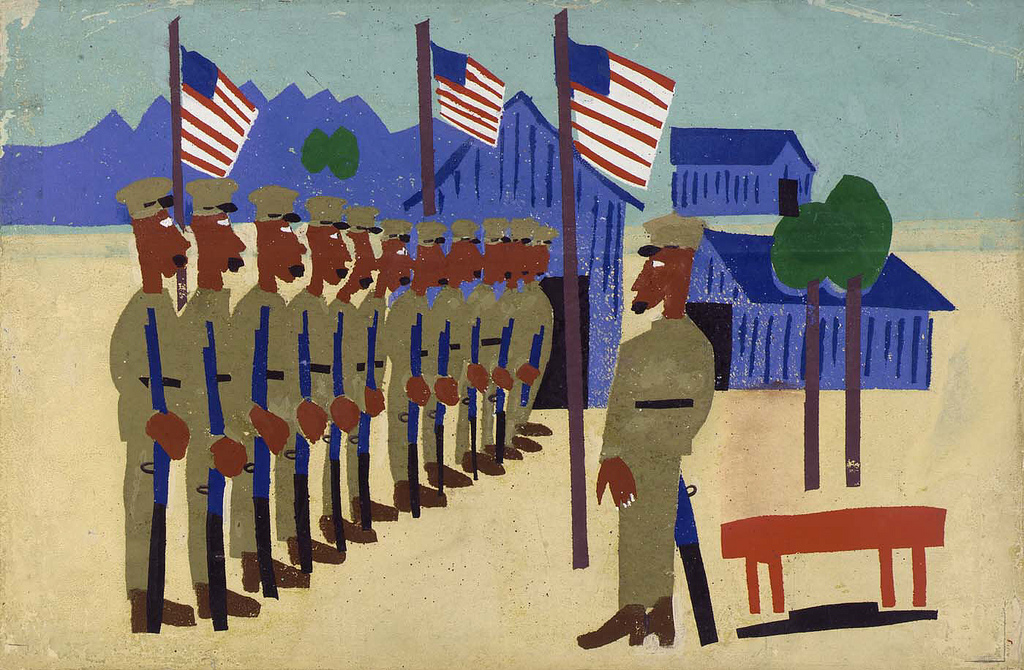By Patrick Pierson.
Turns out that it’s difficult to make a new NAFTA deal. The US government is considering giving Mexico millions of dollars to facilitate the deportation of migrants who have entered Mexico with ultimate hopes of reaching the US. Students marched through Mexico City this week to protest persistently high levels of violence in the country. Keep an eye on the ever-changing situation in Guatemala. The OAS Permanent Council adopted a resolution this week condemning ongoing repression in Nicaragua. Former El Salvadoran president Antonio Saca has been sentenced to a decade in prison on a corruption conviction. Costa Rica saw waves of student and labor protests this week. In Colombia, the ELN rebel group has freed six hostages that it seized last month. In the midst of ongoing hyper-inflation, the Venezuelan government has raised the country’s minimum wage by 3,000%. Venezuela’s President Maduro was in China this week on a mission to find some cash. Abimael Guzman, the founder of Peru’s Shining Path rebel group, has been given a second life sentence. The ICC’s ruling over an ongoing land dispute between Chile and Bolivia will be released next month. Uruguay is strengthening its ties to China.
Could Brexit re-ignite conflict in Northern Ireland? The Spanish parliament has approved plans to exhume the remains of former dictator Francisco Franco. Despite concerns about Saudi Arabia’s ongoing war in Yemen, Spain has approved the sale of hundreds of laser-guided missiles to Riyadh. Germany and Italy have been working on a bilateral migrant pact—Germany says they’ve found common ground, but Italian officials are not so sure. Emmanuel Macron has acknowledged French guilt in the torturing of an anti-colonial activist during the Battle of Algiers. President Macron is launching a war on poverty. Italy is not responding well to comments from Pierre Moscovici—the EU’s top economic official—that “little Mussolini’s” might be emerging in Europe. The European Parliament has voted to censure Hungary over alleged breaches of EU values. Poland says it will block any potential EU sanctions against Hungary. Earlier this week, Russian forces took part in the country’s largest war games since the height of the Cold War. As relations continue to sour with Turkey, the US military is in talks to expand its presence in Greece.
More than a dozen Russian warships are currently deployed in the eastern Mediterranean. Turkey is reinforcing its military presence in northwest Syria. Meanwhile, US marines are conducting live-fire drills with rebel forces in southern Syria. The US continues to stand by Saudi Arabia, despite ongoing reports of serious Saudi abuses in Yemen. The Saudi-led coalition has taken control of a major supply route between the Houthi-controlled cities of Sanaa and Hodeidah. As fighting resumes in Hodeidah, the UN notes that the country’s humanitarian crisis has worsened dramatically in the past week. An Egyptian man has been arrested in Saudi Arabia for having breakfast with a female colleague. Massive service delivery protests continue in Iraq. US sanctions on Iran are making cash smuggling in the region a very lucrative business. European countries are trying to find a way to continue business transactions with Iran once US sanctions kick in.
It’s been a wild week in Myanmar. On Thursday, Aung San Suu Kyi acknowledged that the treatment of the country’s Rohingya Muslims “could have been handled better”; in the same conversation, she defended the jailing and detention of two Reuters journalists for breaking the ‘Official Secrets Act’. In the wake of suspect parliamentary elections, Cambodian PM Hun Sen politely told the international community to mind their own business. In Vietnam, an activist has been jailed for twelve years on accusations of attempting to overthrow the state. China looks set to sign a landmark deal with the Vatican. North and South Korea have established a liaison office that will allow the two countries to “directly discuss issues 24 hours, 365 days.” Meanwhile, South Korea launched its first missile-capable attack submarine on Friday.
Morocco has introduced a new law to combat violence against women. Upcoming legislative elections in Mali have been delayed by a month. A cholera outbreak in Niger has killed dozens. Jihadist groups are expanding their footprint in Burkina Faso. In Cameroon, the government has requested that Facebook help in the fight against fake news in the leadup to elections. Warring parties in South Sudan have signed a peace agreement. Border crossings between Eritrea and Ethiopia re-opened this week for the first time in two decades. A pair of Rwandan soccer officials have been arrested on allegations of attempted bribery of officials in a recent Africa Cup of Nations qualifier. Burundi and the UN remain at loggerheads. Authorities in Zimbabwe have launched a crowdfunding campaign to deal with a cholera outbreak. In Mozambique, the war on free speech is gaining steam. South Africa’s brutal taxi wars continue.







